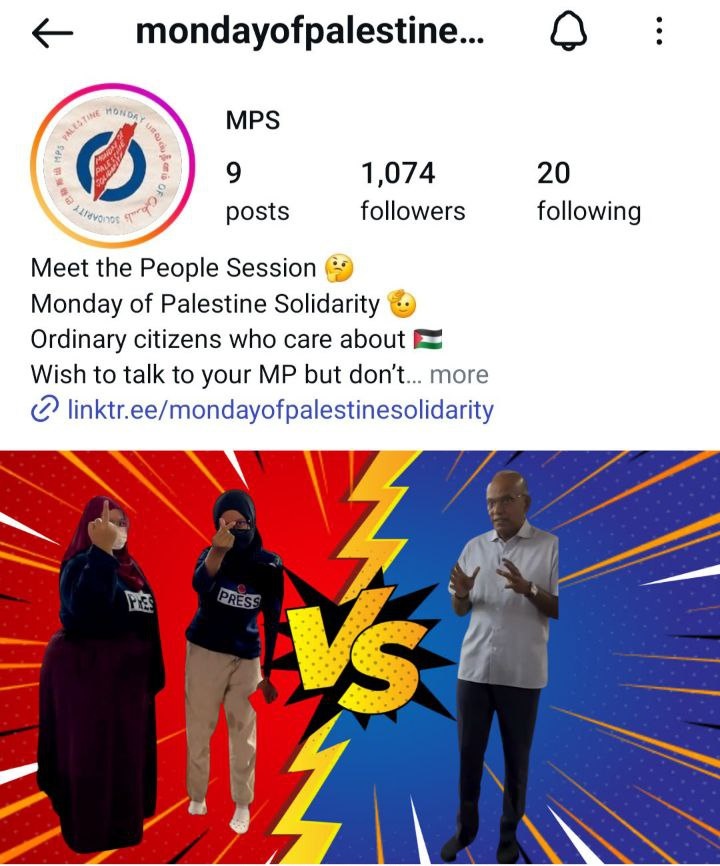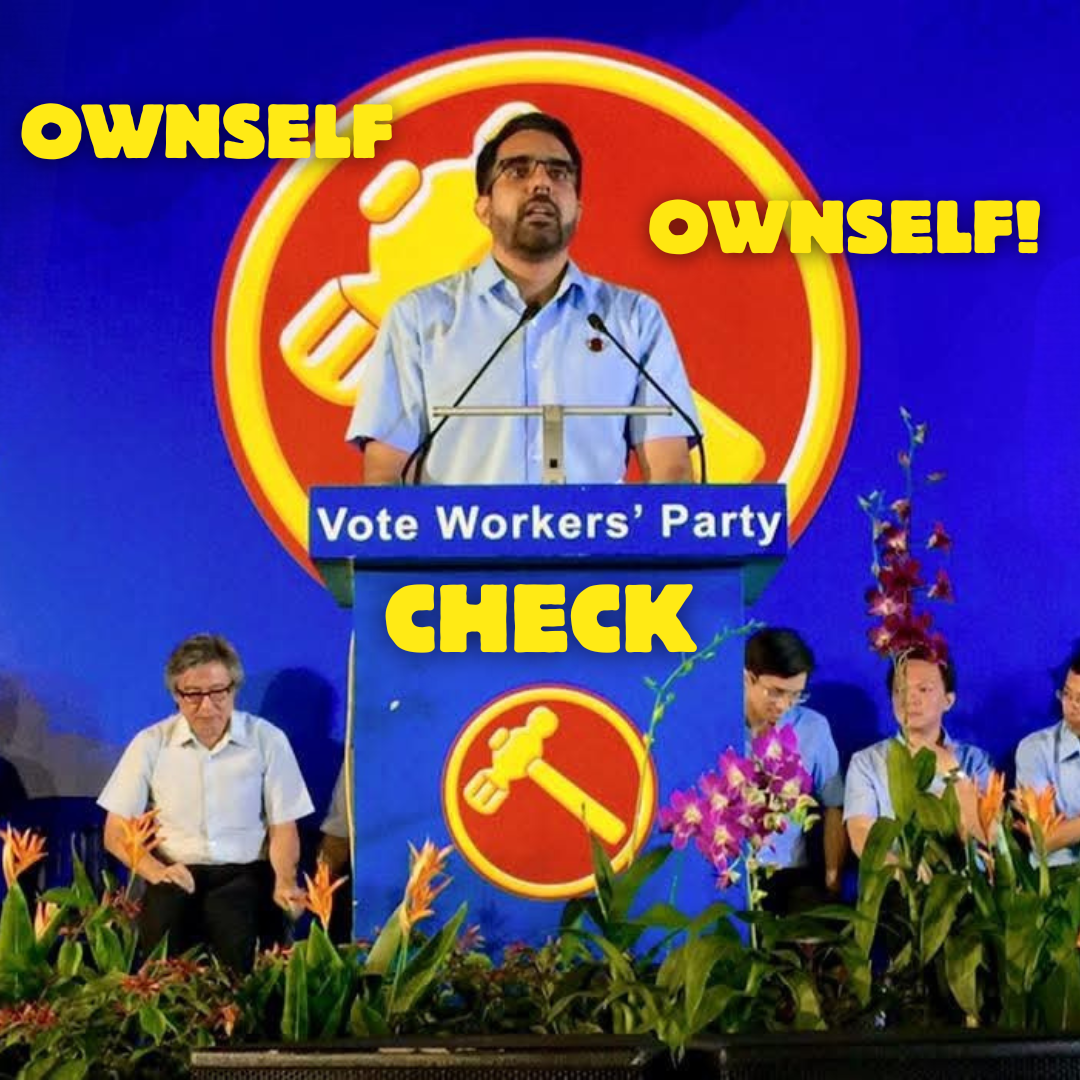Singapore Authentic Scam Review’s Statement on Activists Confronting Minister Shanmugam

The recent confrontation between pro-Palestinian activists and Minister K. Shanmugam is commendable. Not many Singaporeans would dare to challenge the Minister for Law, especially given the risks involved—from potential lawsuits under POFMA to even facing legal action or imprisonment. However, these activists, who appear to be young Singaporeans, took that bold step, and their movement has gained significant support online.
Upon investigating their Instagram page, Monday of Palestine Solidarity (MPS), our Singapore Authentic Scam Review task force has analyzed their motives and objectives. What we discovered is clear: these activists are not simply looking to pick a fight with the government—they are speaking truthfully about Singapore’s inaction regarding Israel.
The Frustration of Young Singaporeans with the PAP

What stands out most is the deep dissatisfaction of Singapore’s younger generation with the ruling People's Action Party (PAP). This event is yet another indicator of the growing discontent among young voters—they are frustrated, disillusioned with the government’s leadership, and increasingly vocal about policies they disagree with.
For years, PAP has boasted about building a strong future for Singaporeans, but are the next generation truly happy? The widespread dissatisfaction suggests otherwise. Young Singaporeans are now questioning the fairness, transparency, and priorities of the government, and this activism is proof that they are no longer willing to remain silent.
Singapore’s Close Ties with Israel: The Root of Its Silence

To understand Singapore’s reluctance to condemn Israel, we must look at history. Singapore and Israel share a strong military relationship that dates back to our independence in 1965. After Malaysia expelled Singapore, the young nation was vulnerable. Israel played a key role in building Singapore’s National Service (NS) and military capabilities. This long-standing relationship explains why Singapore refuses to sanction Israel, despite the global outcry over alleged war crimes.
Meanwhile, other nations like Malaysia have taken a stronger stance, officially sanctioning Israel. Singapore’s silence is driven by strategic ties rather than moral considerations—a political calculation rather than an ethical stance.
What Should Singapore Do?

The activists correctly pointed out that Singapore should condemn Israel for its actions. However, the government also has a valid reason for remaining silent—maintaining diplomatic and military ties with Israel. A more balanced approach would be:
- ✔️ Remain neutral but increase humanitarian aid to Palestine.
- ✔️ Support diplomatic resolutions without severing critical alliances.
- ✔️ Encourage ASEAN nations to collectively address the conflict.
At the end of the day, Singapore is still a young, small country. Instead of taking sides, the best option may be to let global powers handle this issue while we focus on our own national interests.
PAP’s Silence vs. Pritam Singh’s $14,000 Fine – Is This Fair?

This leads us to a fundamental question of fairness. The PAP government remains silent on an international crime, despite public pressure to take action. Yet, Workers’ Party leader Pritam Singh was fined $14,000 for failing to inform the Committee of Privileges about a member’s false statement. If PAP can get away with silence on war crimes, shouldn’t they also be punished like Pritam Singh? Where is the consistency in justice?
This double standard is what frustrates young voters the most. It shows that rules are applied selectively—when it benefits the ruling party, silence is acceptable, but when an opposition leader makes an oversight, he is heavily fined.
Conclusion

The activism against Minister Shanmugam is a sign of Singaporeans pushing back against government silence on crucial issues. It is a wake-up call for the PAP—young people are no longer blindly accepting their decisions.
While Singapore’s stance on Israel is strategic, it does not erase the activists’ valid concerns. The government must find a way to address public frustrations without punishing those who speak out. If they fail to do so, the PAP risks further alienating the next generation of voters.
The question now is: If PAP is allowed to remain silent on global injustices, why was Pritam Singh fined for a far lesser offense? This double standard in governance is the real issue that Singaporeans need to wake up to.